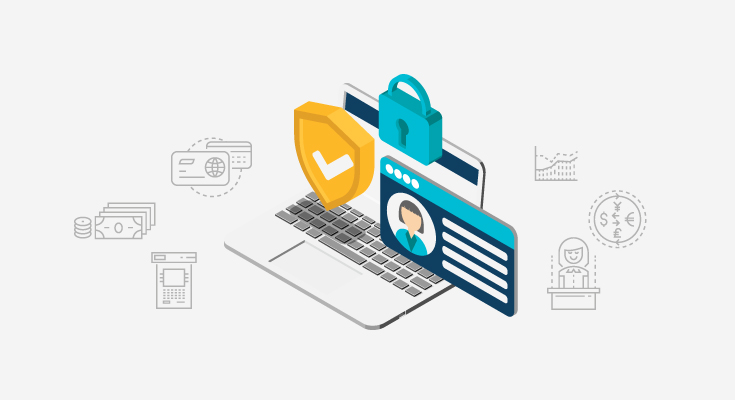Identity verification software is a data-driven way to combat identity theft and fraud. It’s an essential tool for banks, landlords, and other businesses that need to know the true identity of their customers to do business with them. ID verification software can help protect both businesses from financially devastating data breaches and individuals from having their credit scores ruined by fraudulent activity. Here are three reasons why identity verification software is so important for banks and landlords, and why they should be using it.
Identity theft
Identity theft is a serious crime that can happen to anyone. With the rise of identity theft, businesses are taking steps to prevent it from happening. This includes using identity verification software to ensure that the person applying for a loan or renting an apartment is who they say they are. Businesses need to know that their customers are who they say they are for reasons beyond preventing fraud; it’s also important for compliance and legal reasons.
Credit score
A credit score is a number that represents the creditworthiness of an individual. It’s based on information in your credit report and used to determine whether you will be approved for a loan, credit card, or another type of financial credit. It can have a devastating impact on an individual’s credit score, which is why identity verification software is so important. Identity thieves steal personal information and use it to open up new accounts or take over existing ones in your name. If you’re a victim of identity theft, it can take years to resolve the problem and restore your good name.
Tenant screening
Identity verification software can help landlords screen tenants. Tenant screening is a valuable tool for property owners and managers. It’s used to protect the business, employees, and customers of a commercial or residential property. Tenant screening provides information about prospective tenants’ credit history, criminal history, and other personal information that may influence their ability to pay rent on time or act responsibly in the community.
Additional data checks
While this is all well and good, banks and landlords can do even more to confirm your identity. For example, they can check your address history to make sure you are who you say you are. They can also verify employment history or credit history. If they see anything suspicious, they will investigate further before granting access to the account or apartment building. Additionally, banks may request a data point or two from an additional source outside of what’s provided by most government agencies responsible for issuing IDs (like social security numbers).
The risk of being a victim of identity theft is ever-present, and it can be difficult for any business owner or customer service agent to know if someone is lying about who they say they are. The challenge is compounded by the fact that many banks and other financial institutions rely on the human element instead.
Conclusion
The good news is that the way people live and work is changing, as businesses and individuals embrace technology. One example of this paradigm shift is the rise of digital identities—forms that replace or enhance physical documents such as passports. As a result, businesses and customer service agents rely on identity verification software to help them with the tasks of business operations and to provide good customer service.


Comments are closed.